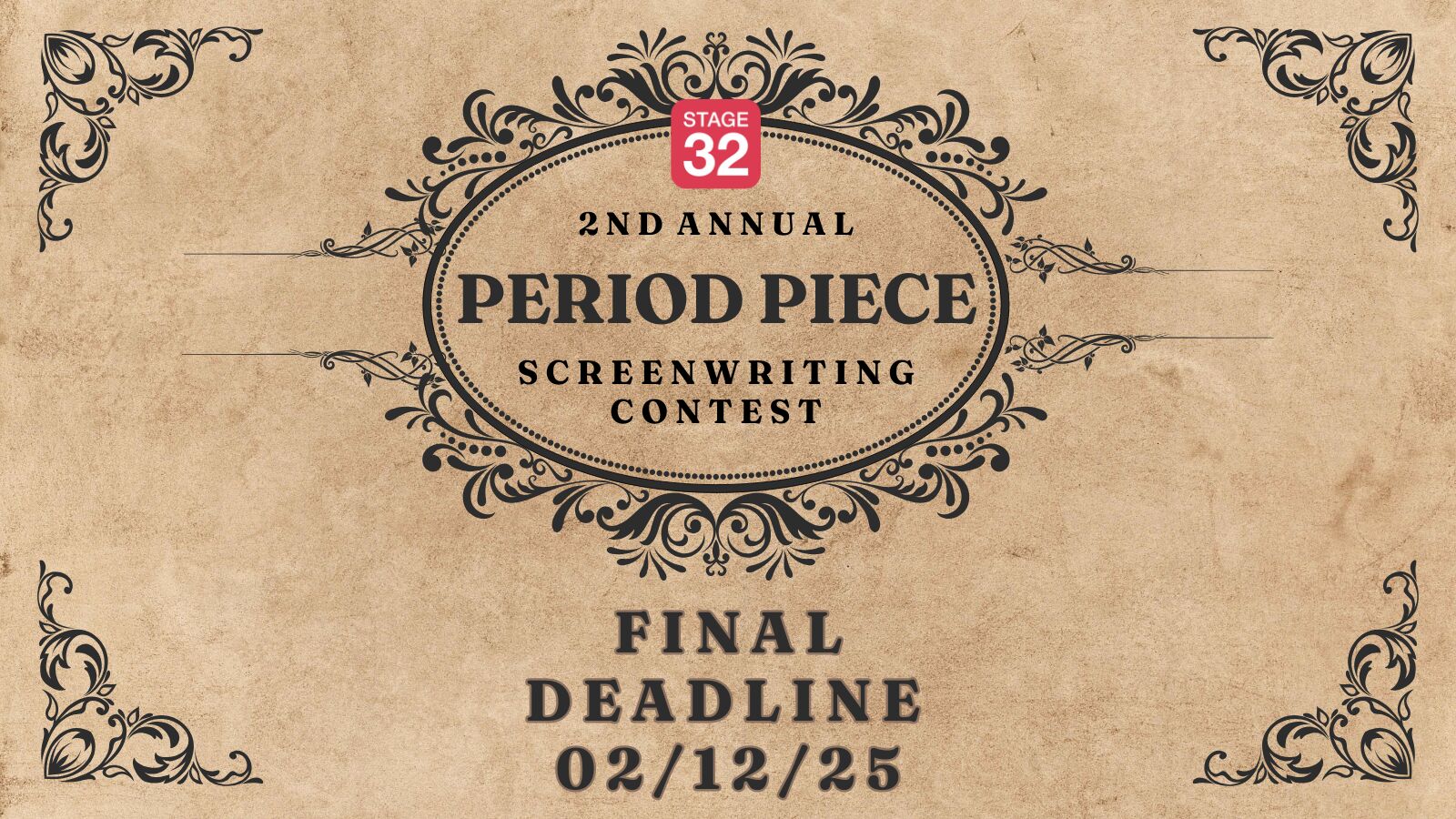I just found out today that I finished in 3rd Place in the Courier Awards for my script The Fourth Night. I also finished in the top 3 in the New Orleans Horror Film Festival with my script Hibernation. Both scripts have placed as finalists in at least 2 other festivals as well. My rules for writing are - I write what I feel like writing. That is important. Secondly... there are rules that one MUST follow. These are important. Write a very strong opening scene. The best thing you can write. Grab the reader instantly. The first 10 pages are absolutely vital to the success of your script. An agency and/or studio reader will read the first page, then most, if not all, the first 10 pages. If they are not absolutely blown away and hooked, your script goes into the death pile. You must introduce your main characters, unveil your plot, and keep the story moving all within the first 10 pages. Write each scene like a mini-movie. Each scene should have a set-up, confrontation, and resolution or, if you prefer, a beginning, middle, and end. Show.. do not tell. Again... Show, do not tell! If writing a novel you tell. If you are writing a screenplay you show. So again... Show, do not tell! This is the one area, besides the opening scene and first 10 pages, most writers painfully fail to grasp and their script is dead from the get go. The code I live and write by... DELETE... EDIT... REWRITE... REWRITE... REWRITE! DELETE... EDIT... REWRITE... REWRITE... REWRITE. DELETE... EDIT... REWRITE... REWRITE... REWRITE! Most scripts fail because writers don't take the time to learn or to master the basics and expectations. Hollywood has set rules, period. Not hard to learn or to master if you make an effort. So I will break down my advice for all to take or leave... Exceptionally strong opening scene. First 10 pages are most vital. Must introduce characters, unveil plot, and move the story forward. Write each scene like a mini-movie. Set-up (beginning). Confrontation (middle). Resolution (ending). Show... Do not tell! PLEASE understand this one! This is an instant "script killer" if not understood and followed. Write an uncluttered script. A "clean and lean" script. Readers hate scripts with neverending paragraphs, etc. Action paragraphs should be no longer thjan 5 lines at most. The least amount of words you can use to describe what's happening the better. Very important. Less words equal more impact. Do not add CUT TO, CROSSFADE, FADE TO, CAMERA ANGLES (Occassional ANGLE ON is okay) or any of that crap. Your script will not be read if you do. Keep your script at a reasonable length. Mine are always between 90 and 100 pages. If a reader has a pile of scripts are they going to grab the 120-130 page scripts or the 90-100 page scripts? DELETE... EDIT... REWRITE... REWRITE...REWRITE. DELETE... EDIT... REWRITE... REWRITE... REWRITE. DELETE... EDIT... REWRITE... REWRITE... REWRITE! Try tgo always have something else to work on. This is important if you get stuck on your script. You can go to your other proaject, then come back. Also important if you land a meeting because they will almost always ask you what else you have or what else are you working on?



Congrats on the placings Mike.
Sam... TV pilots are different. Feature length spec scripts should be clean, lean, and void of camera angles or transitions. Again, my advice is just that, my advice.
2 people like this
Mike your advice is fine, it's an opinion, we've all got them... but you wrote 'Hollywood has set rules, period.' but they don't, there's no rulebook. Here's a link to the Scriptnotes Podcast where John August and Craig Maizin discuss the 'rules' giving their view of them, and they are both working and very sucessful screenwriters.
Good advice, Mike. Congrats on placing in the contests. My co-writer and I have been in the rewrite stage for a long time now, learning A LOT in the process.
Anthony - Rules vary if you are a consistently working and established screenwriter. But if you are writing a Spec Script my advice holds true. Readers have an average pile of 25-40 scripts to go through. They are trained to look for and spot specific things... First Page. First 10 Pages. Not clogged with useless camera shots or transitions, and the very important - Show... Do NOT tell, which seems to be the one thing novice writers painfully do not understand.
1 person likes this
Becca - After the second delete, edit, rewrite I usually shelve the project for a month and work on something else. Then I go back with fresh eyes. That process helps me a lot.
Congratulations on the award!